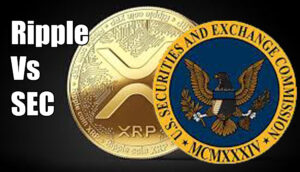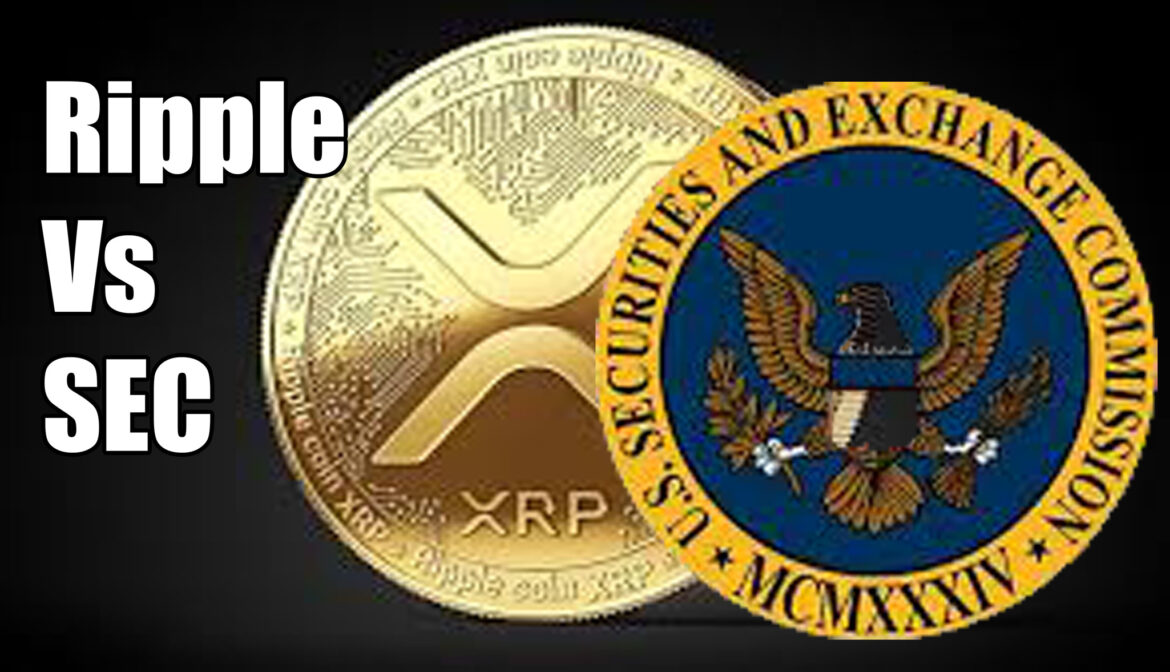
The U.S. Securities and Exchange Commission (SEC), in its recent lawsuit update, accused Ripple and its executives of creating an “information vacuum” to manipulate the XRP price.
The allegations explained that Ripple and its directors deliberately delayed or hasten the sales of the XRP token in line with market conditions. According to the SEC, such action is a violation of the laws guiding the sale of a security.
The SEC said the company enriched Larsen and Garlinghouse by making $1.38 billion from the sale of digital asset security called XRP.
Executives profited from selling unregistered XRP token
According to the complaint, Ripple ignored legal counsel letting the executives know that the 2013 sale of its coin could represent a security offering.
The filing also accused Garlinghouse and Larson of making $600 million for the sale of the unregistered XRP. The complaint also states that while both executives were cashing out from the XRP sales, they were still convincing investors that they were going long on the token. This led to a massive gain and constituted deceit.
The complaint referenced an incident in 2015 where one of the company’s market makers had to suspend the sale of Larsen and Garlinghouse’s XRP holdings because the token’s price had started retracting. Larson asked the market maker to suspend trades “until [the] market had recovered from this mistake.”
The complaint said a similar incident happened a year later after the defendants had to alter their net sales target to increase the price of then struggling XRP price.
The SEC stated that the “information asymmetry” the defendants created still exists today. According to the watchdog, it has enabled them to keep profiting at a high risk to investors.
Ripple defends allegation by the SEC
Stuart Alderoty, Ripple’s general counsel, commented about the SEC’s lawsuit update. He said he is disappointed by SEC’s attempt to fix their complaint after waiting for years to lay them out in the first place.
As many of you have seen, the SEC filed an amended complaint today. The only legal claim remains: did certain distributions of XRP constitute an investment contract? Disappointing the SEC needed to try to “fix” their complaint after waiting years to bring it in the first place…
— Stuart Alderoty (@s_alderoty) February 18, 2021
Alderoty stated that the only question left to be answered is whether Ripple’s XRP distribution constitutes an investment contract.
Last year, Chris Giancarlo, former Commodity Futures Trading Commission Chairman, stated that XRP doesn’t fit the Howest test criteria. As such, it shouldn’t be regarded as security.
Giancarlo also stated that Bitcoin (BTC) and Ethereum (ETH) should not be called securities. He was nicknamed “Crypto Dad” by the crypto community for his continuous talk about cryptocurrencies. Giancarlo, who represented Willkie Farr & Gallagher LLP, legal counsel to Ripple, added that his assertion was based on some information provided by Ripple.
As the case against Ripple and its executives unfolds, the XRP token has suffered the most hit. Yesterday, PayBito became the latest exchange to suspend trades on XRP, after several others have taken that route.



